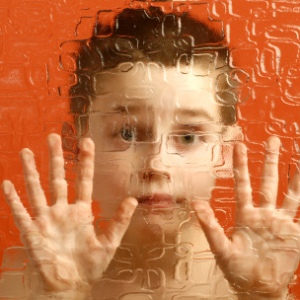
According to a study published in JAMA Psychiatry, women who experienced abuse during childhood may be likelier to have children with autism.
The study, printed in the May 2013 edition of the journal and published electronically in March, involved more than 50,000 women in the longitudinal Nurse’s Health Study II. The analysis is the first of its kind to explore a possible correlation between maternal abuse and trans-generational autism risks.
According to the study, women who experienced the most serious levels of child abuse were found to be 60 percent likelier than subjects that did not experience such abuses to have children with autism. Even with other maternal health factors taken into consideration — such as smoking, drinking and gestational diabetes — researchers concluded that such factors only accounted for about 7 percent of the heightened risk among subjects that reported abuse as children.
Researcher suggest that certain lifestyle circumstances which are commonly associated with child abuse experiences — like poor nutrition and disruption of stress responses — may have effects on developing fetuses.
“Maternal inflammation affects the developing brain, and maternal inflammation and immune function have been hypothesized to be causes of autism,” the study suggests.
“Childhood abuse is associated with a wide array of health problems in the person who experiences it, including both mental health outcomes like depression and anxiety, and physical health outcomes like obesity and lung disease,” Marc Weisskopf, environmental and occupational epidemiology associate professor at Harvard University, is quoted in a press release issued by the Harvard School of Public Health (HSPH). “Our research suggests that the effects of childhood abuse may also reach across generations.”
Photo courtesy of Flickr user hepingting































